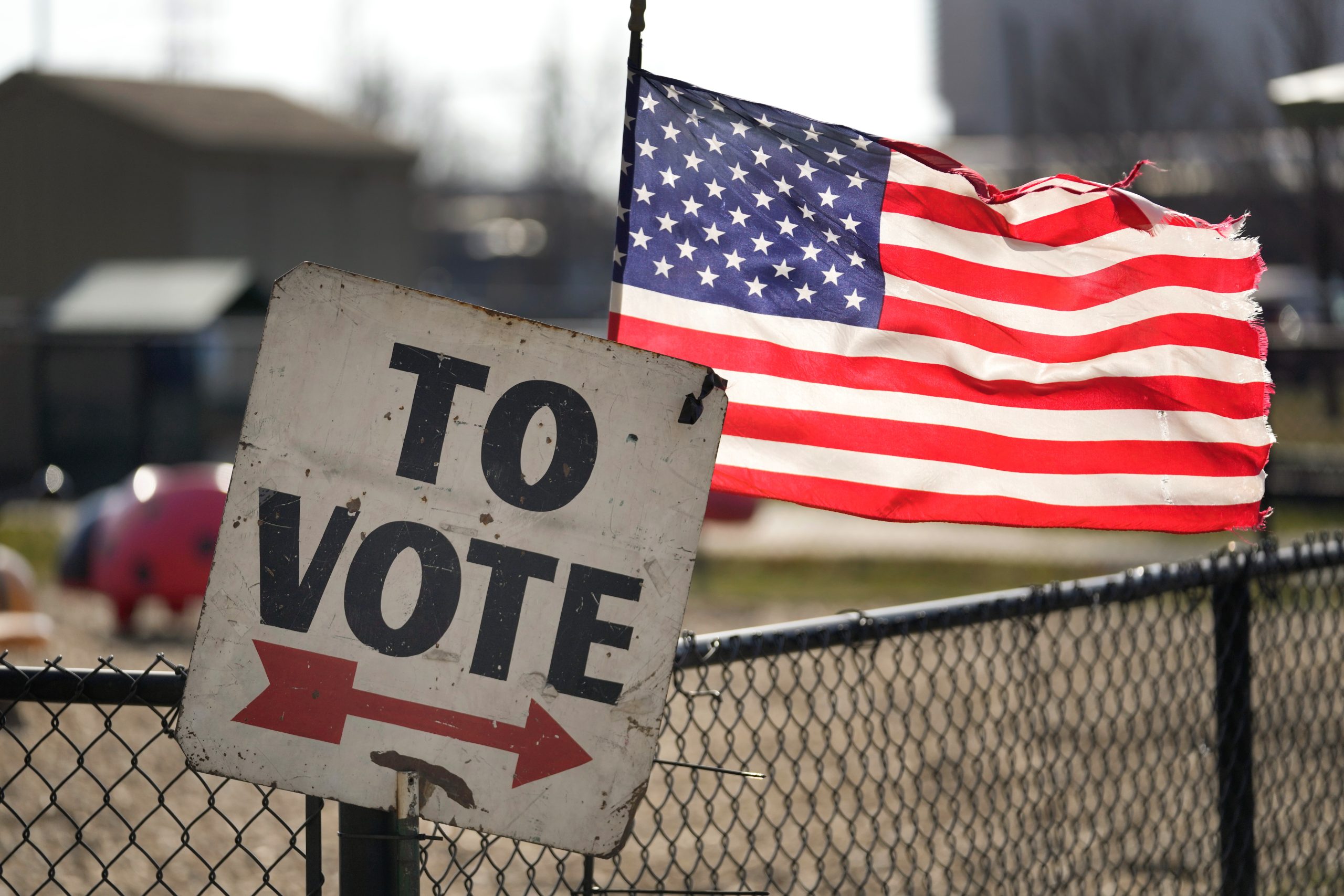Super Tuesday, slated for March 5th, marks a pivotal moment in the presidential primaries, with a significant number of states participating in the nominating process. This day holds immense importance as over a third of the total delegates for both the Republican and Democratic nominations are up for grabs.
On the Democratic front, President Biden stands as the frontrunner for the nomination, facing no significant challenge from within his party.
Meanwhile, in the Republican race, former President Donald Trump leads the pack, with former South Carolina Governor Nikki Haley trailing behind.
However, the Super Tuesday landscape is not without its complexities. In Colorado and Maine, Trump’s eligibility for the primary ballot has been called into question due to his involvement in post-2020 election events deemed as insurrection.

Despite these challenges, Trump remains a prominent figure on the primary ballot, pending a decision by the U.S Supreme Court regarding a state’s authority to disqualify a candidate.
Additionally, Trump faces a legal labyrinth, with federal indictments looming in Washington, D.C., and Florida, alongside state charges in New York and Georgia. The timeline for these legal proceedings and their potential impact on the presidential election remains uncertain.
Concerns surrounding President Biden’s candidacy persist, including questions about his age, his administration’s handling of the Israel-Hamas conflict, and the prevailing sense of voter apathy.
As the reelection campaign unfolds, these factors contribute to the dynamic landscape of the upcoming primaries and the general election beyond.


